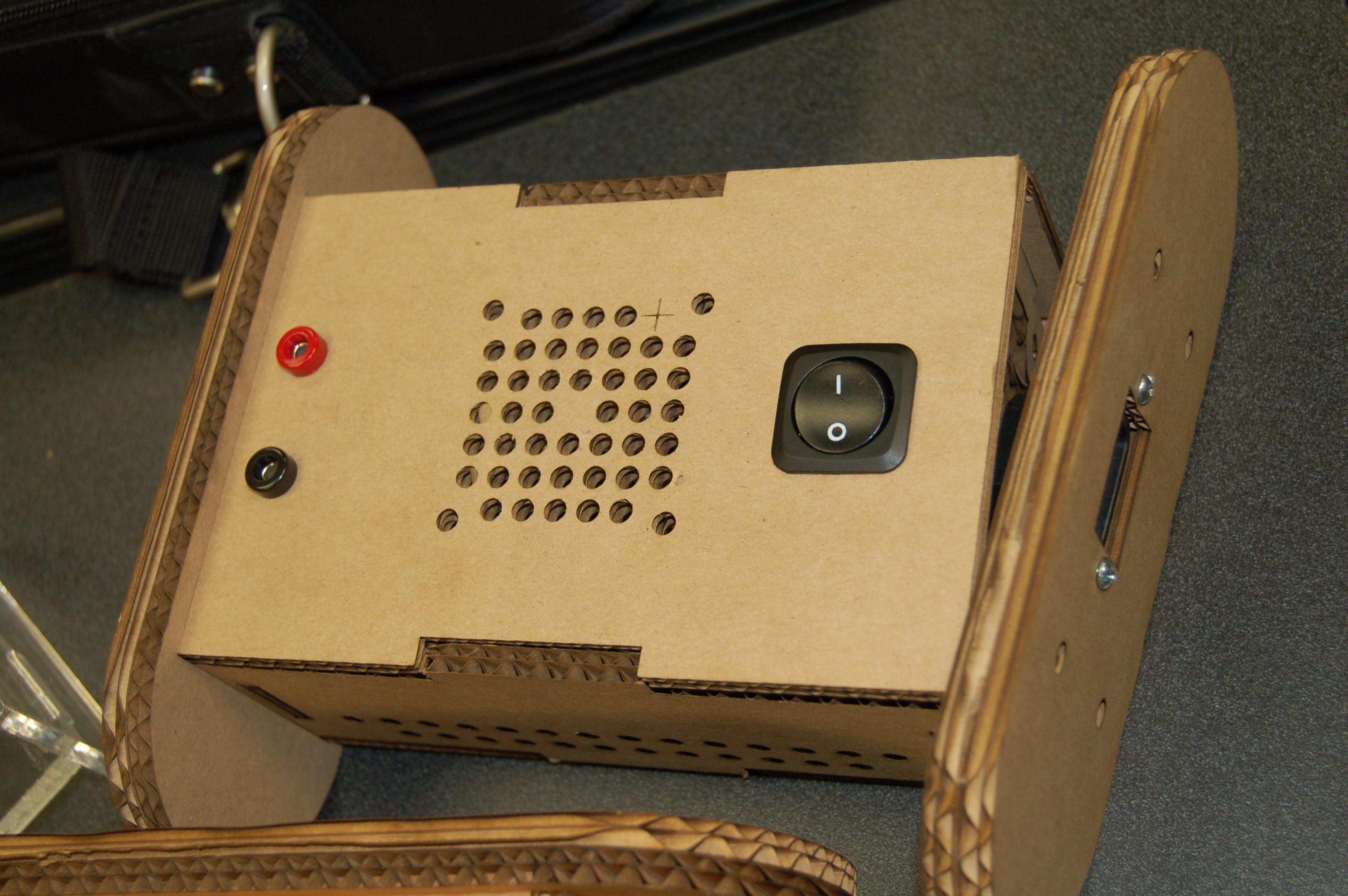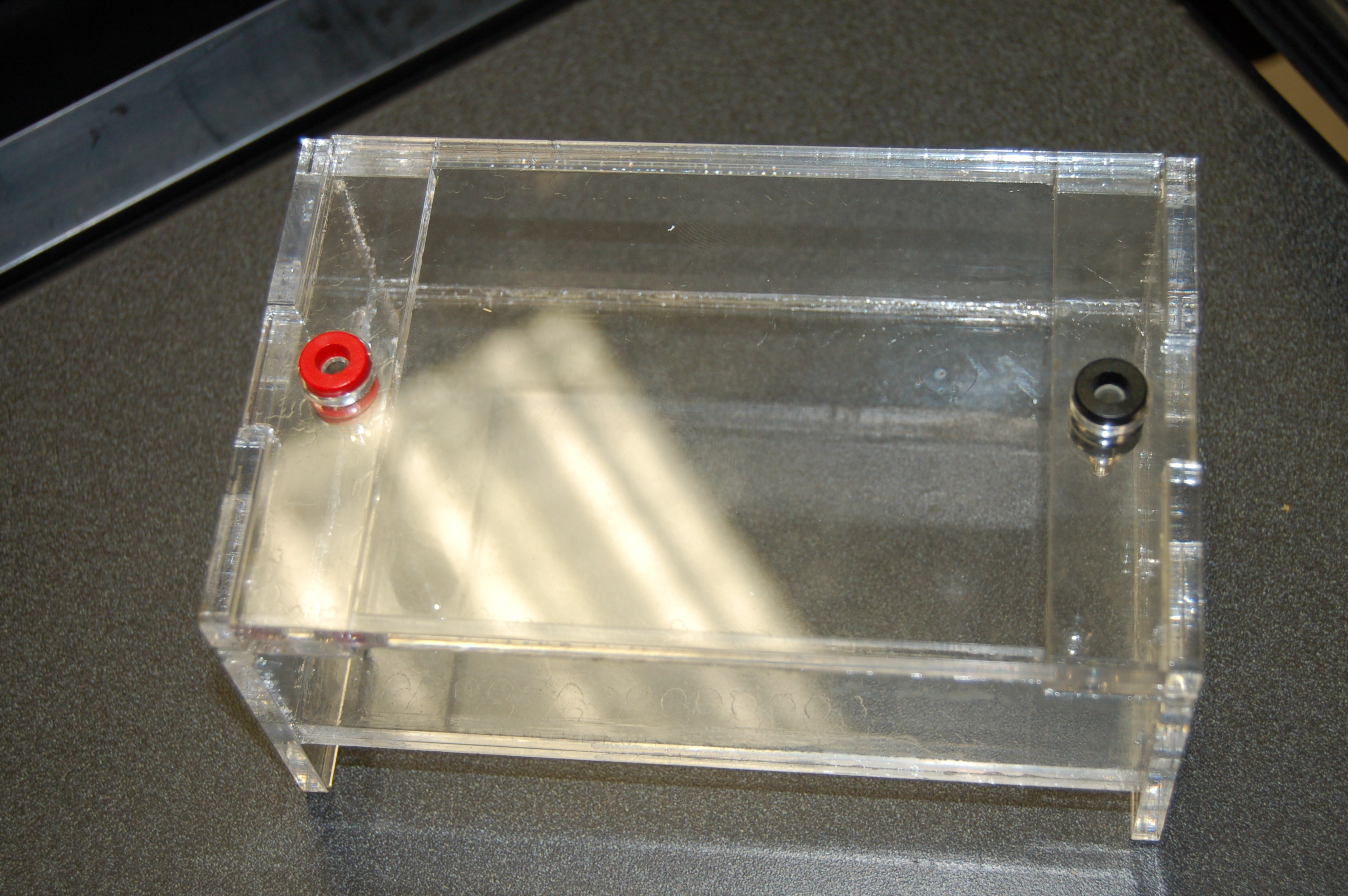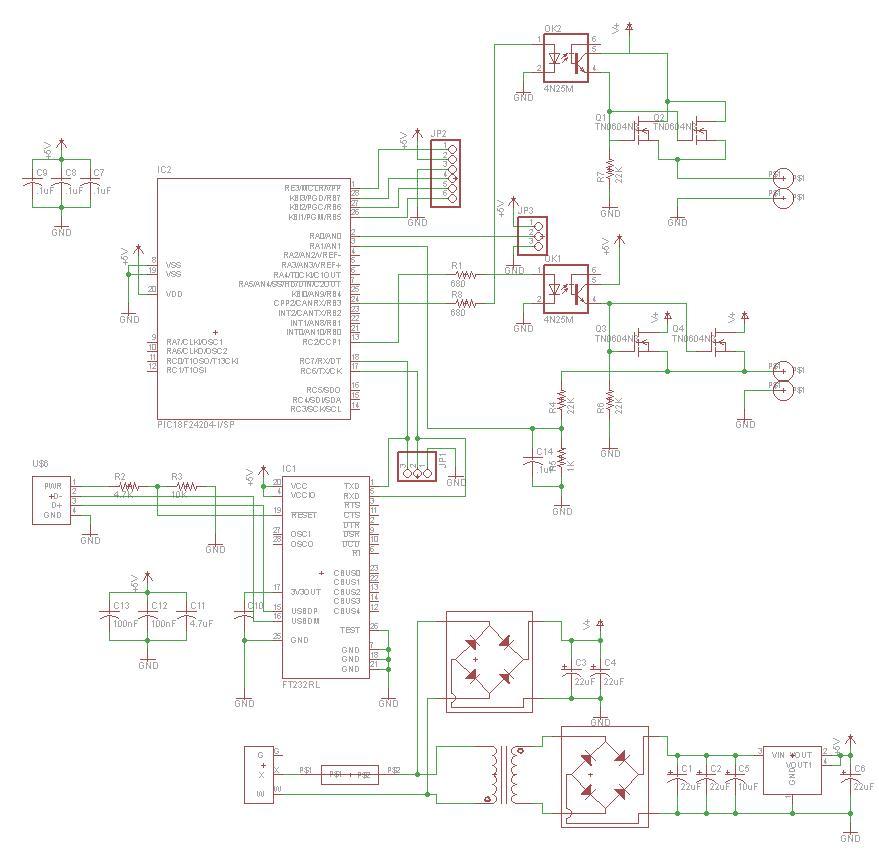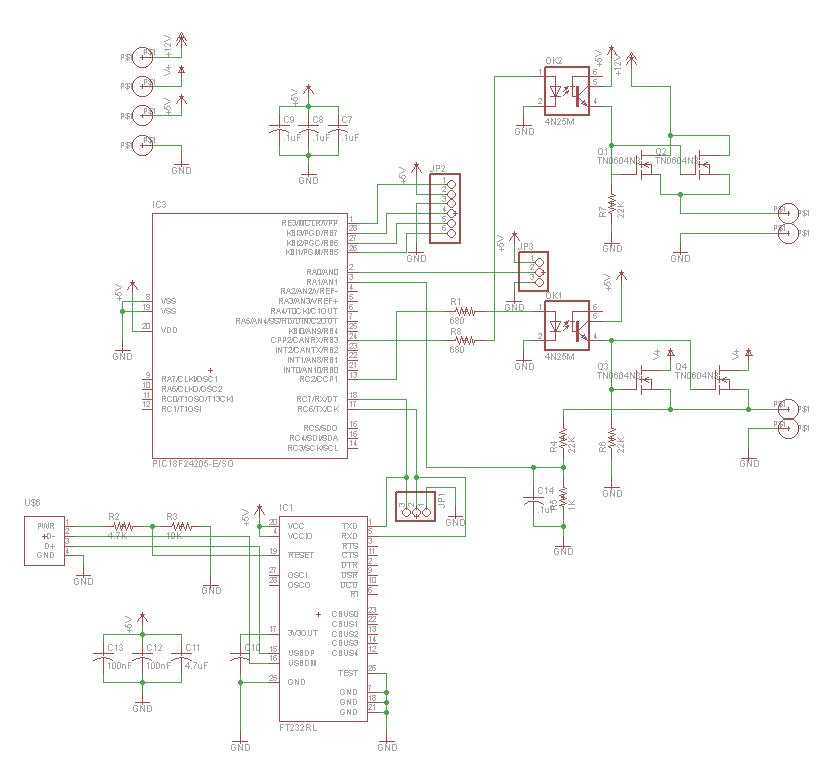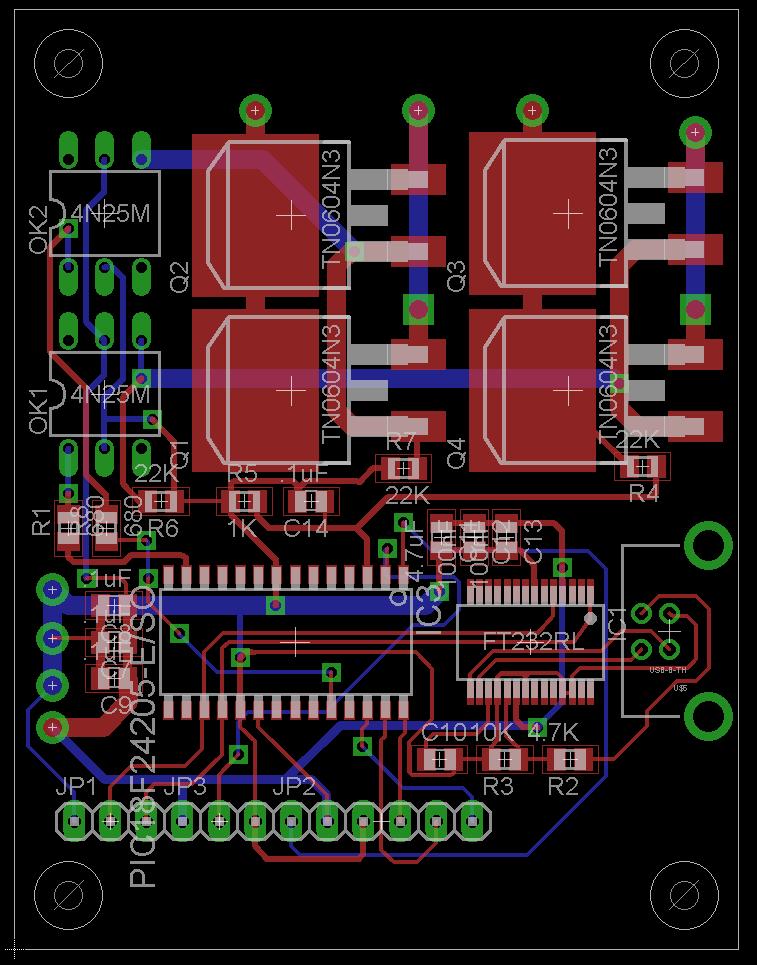Team:Baltimore US/Notebook/DIYEquipment
From 2010.igem.org
(Difference between revisions)
(→Designs) |
(→Designs) |
||
| Line 29: | Line 29: | ||
For the final design we decided to separate the main controller from the bridges completely. We added a low power H-Bridge to heat the lid of the PCR device and added a temperature sensor to allow us to read the PCR temperature and implement a simple control loop. | For the final design we decided to separate the main controller from the bridges completely. We added a low power H-Bridge to heat the lid of the PCR device and added a temperature sensor to allow us to read the PCR temperature and implement a simple control loop. | ||
| - | + | <br> | |
|} | |} | ||
Latest revision as of 03:16, 28 October 2010
| Home | Team | Official Team Profile | Project | Submitted Parts | Modeling | Notebook | Meeting/Lab Times | Safety |
|---|
 "
"

